A Bite of China
(2012)Streaming Episode Guide
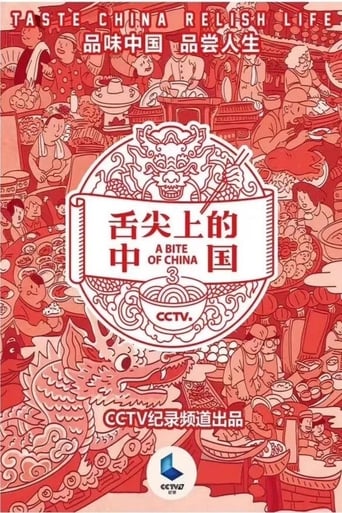
Season 3
Reunion
Episode 8 - 2-26-2018

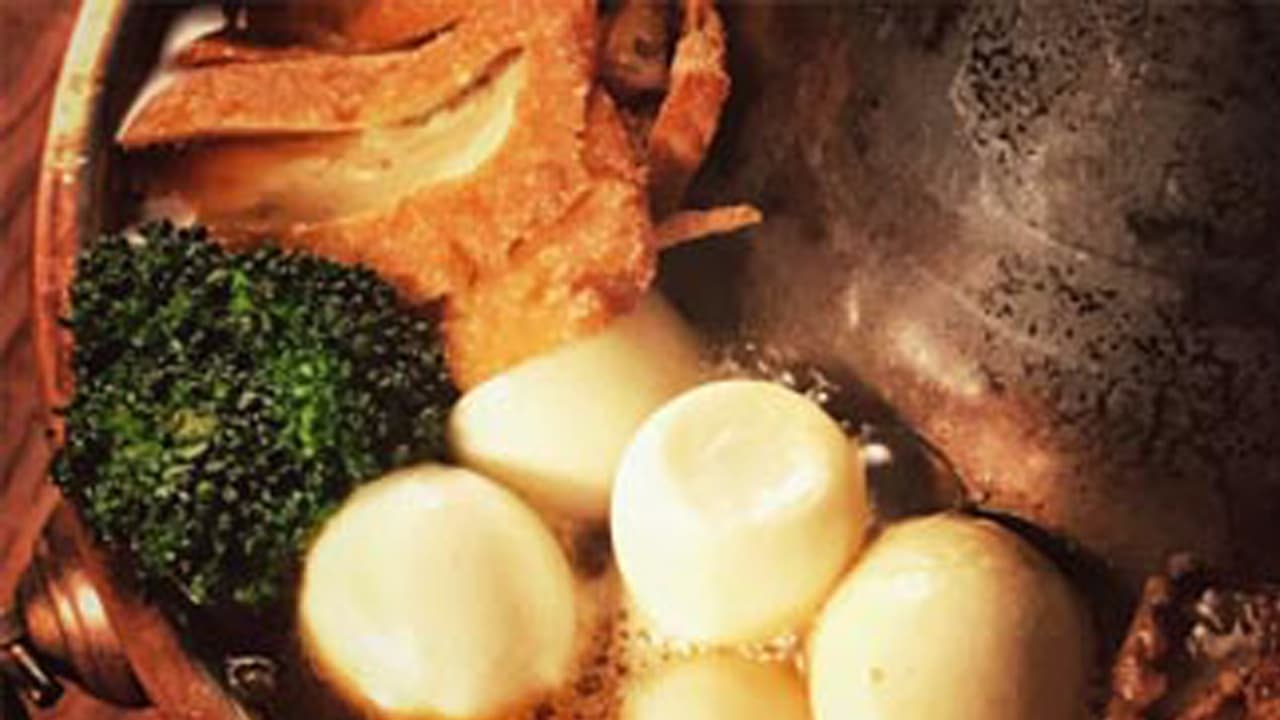
Season
Episode 7 - 2-25-2018


Pastries
Episode 6 - 2-24-2018

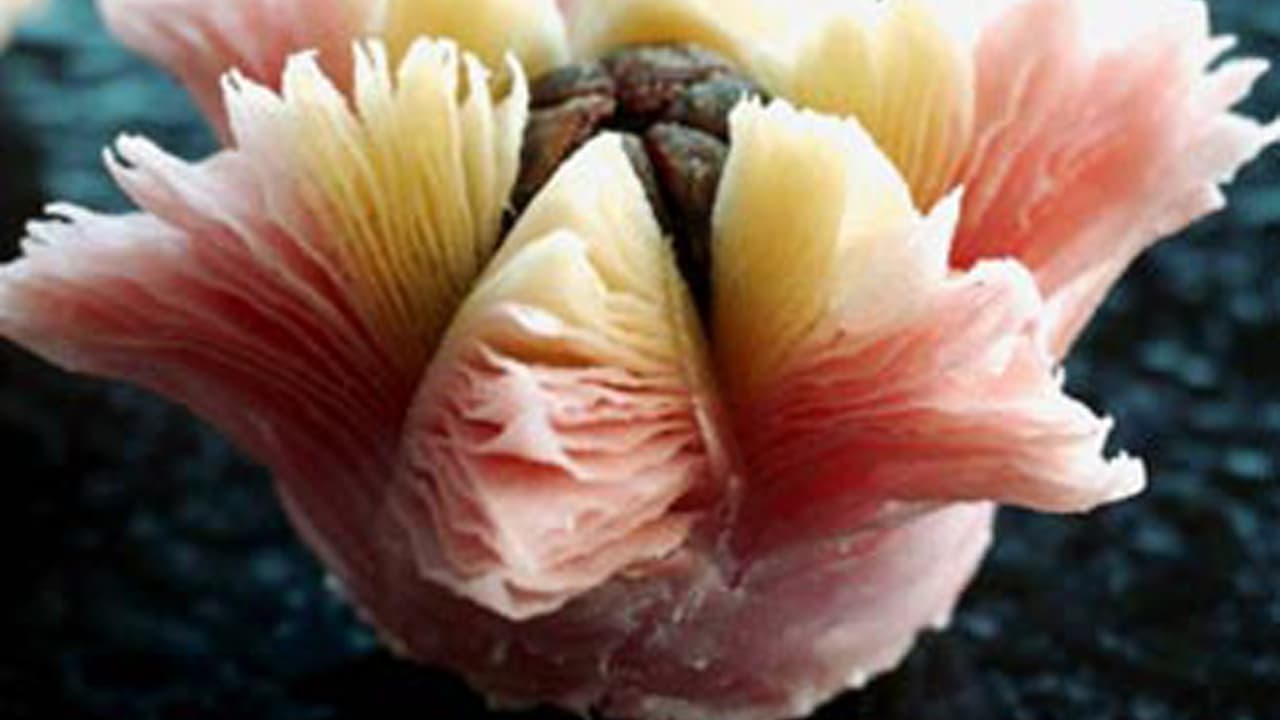
Food
Episode 5 - 2-23-2018


Nutrition
Episode 4 - 2-22-2018

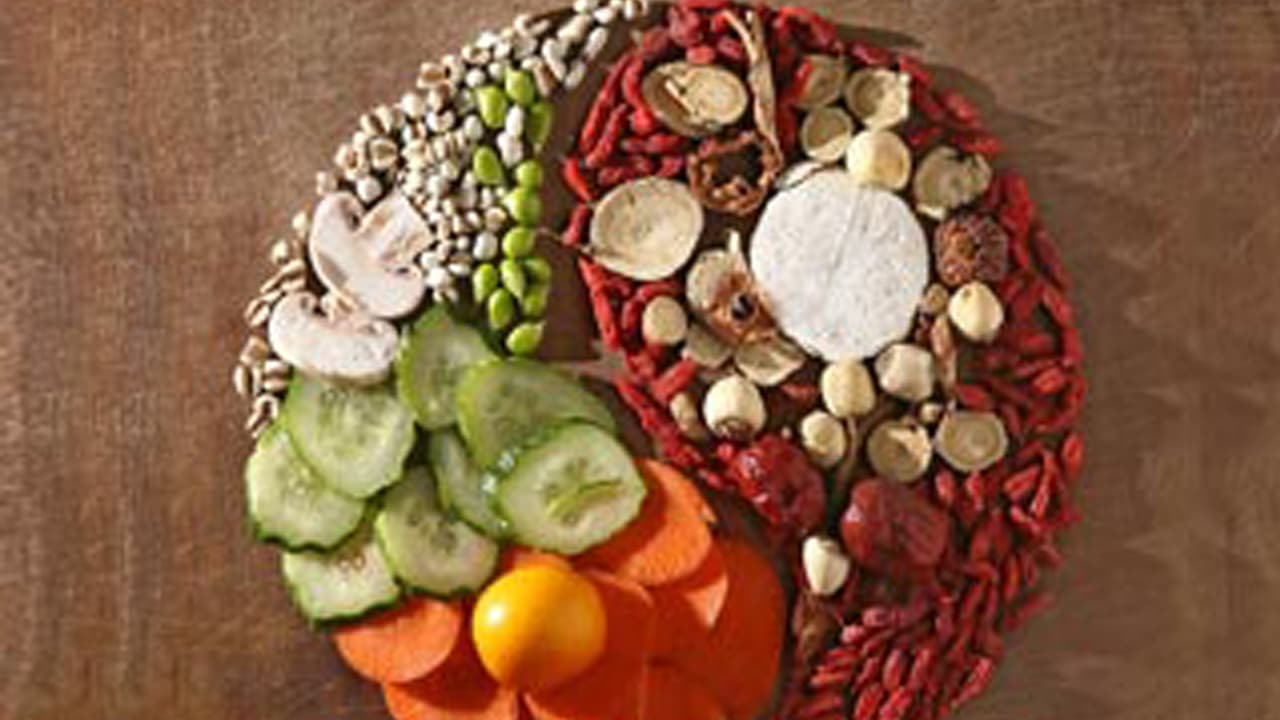
Banquet
Episode 3 - 2-21-2018

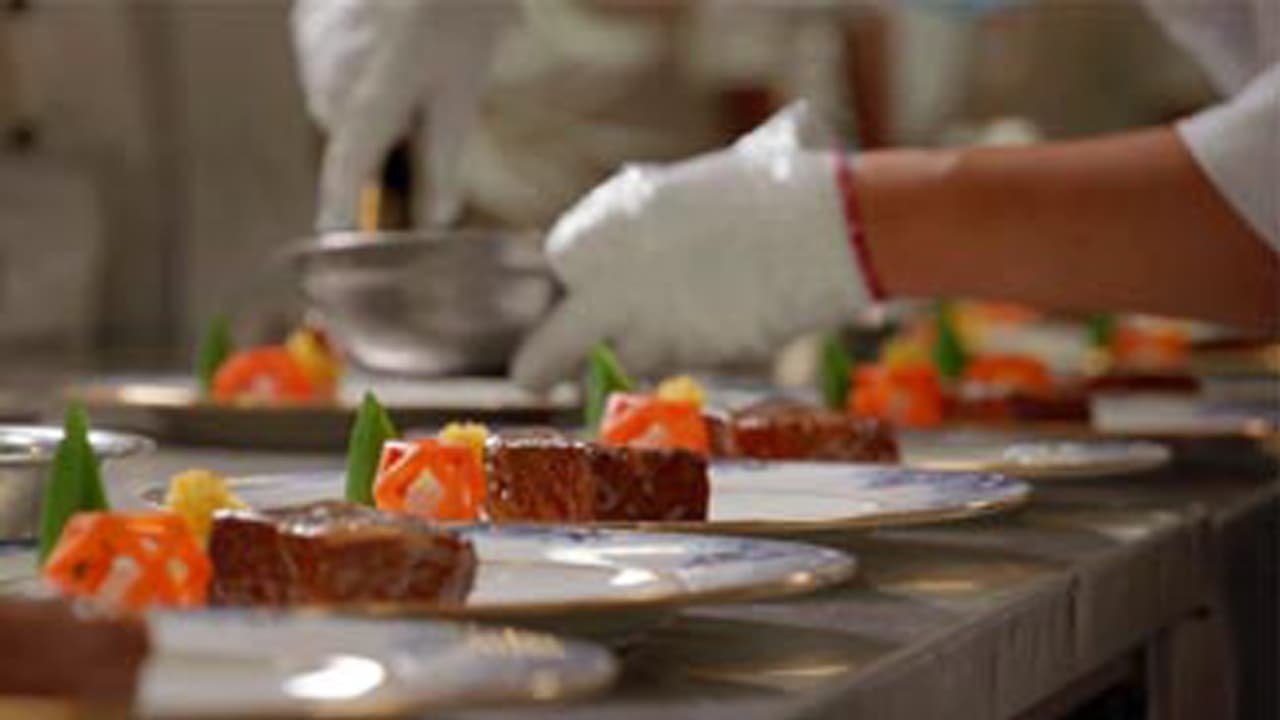
Fragrance
Episode 2 - 2-20-2018

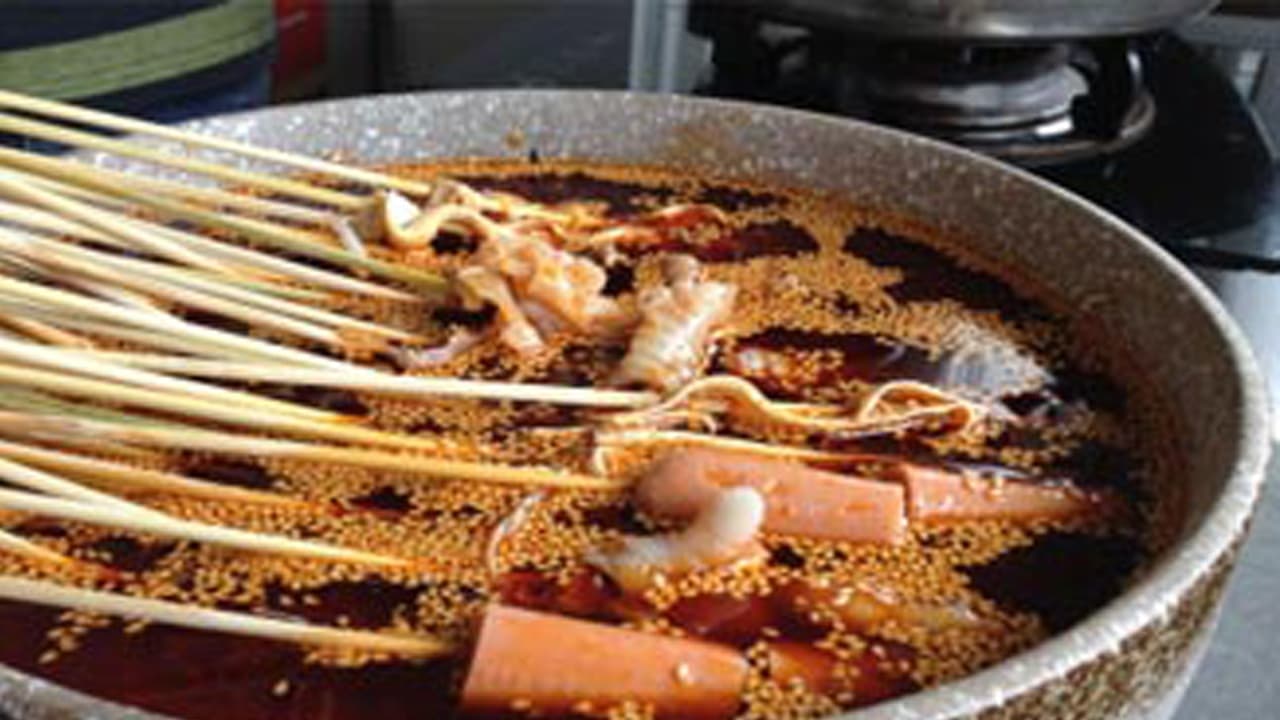
Utensils
Episode 1 - 2-19-2018


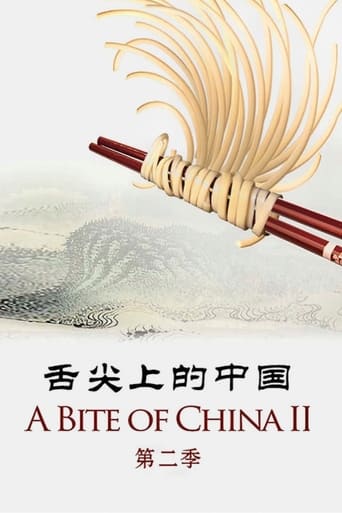
Season 2
A second season of A Bite of China, also consisting of seven episodes (plus trailer).Episode 8
6-25-2014


Three Meals
Episode 7 - 5-30-2014

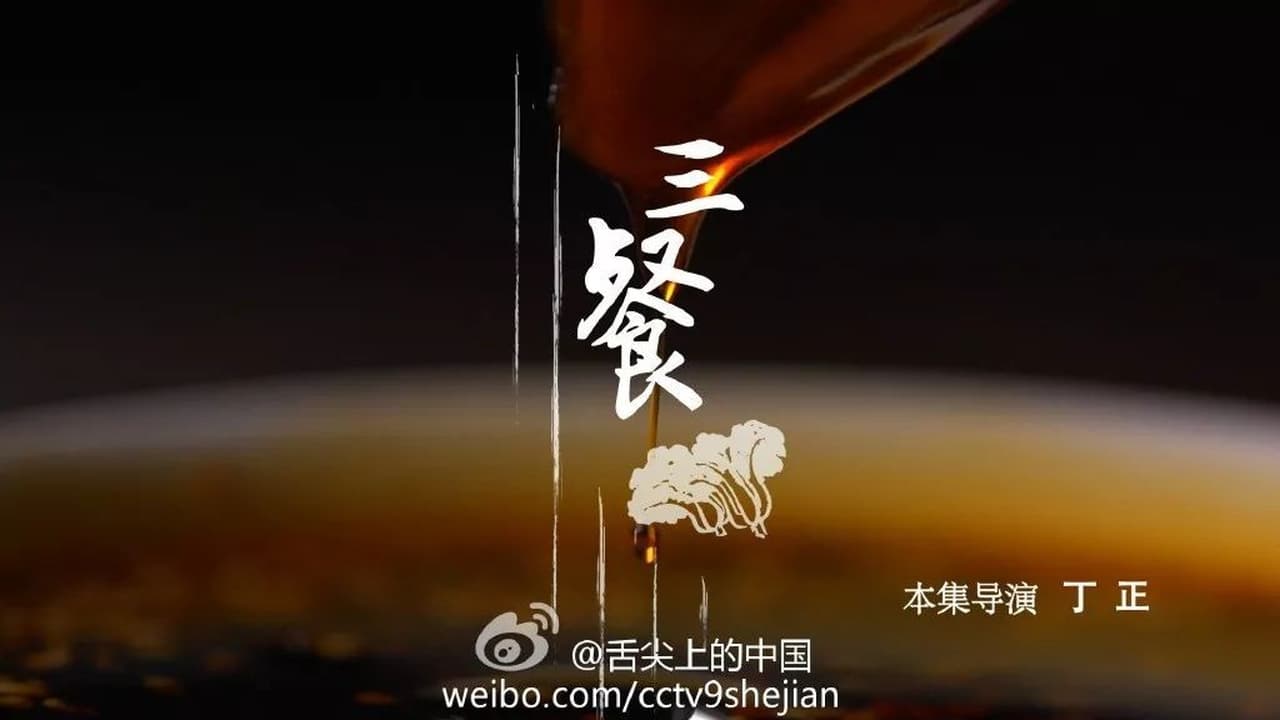
Daily domestics
Episode 6 - 5-09-2014


Realm of Secrets
Episode 5 - 5-23-2014

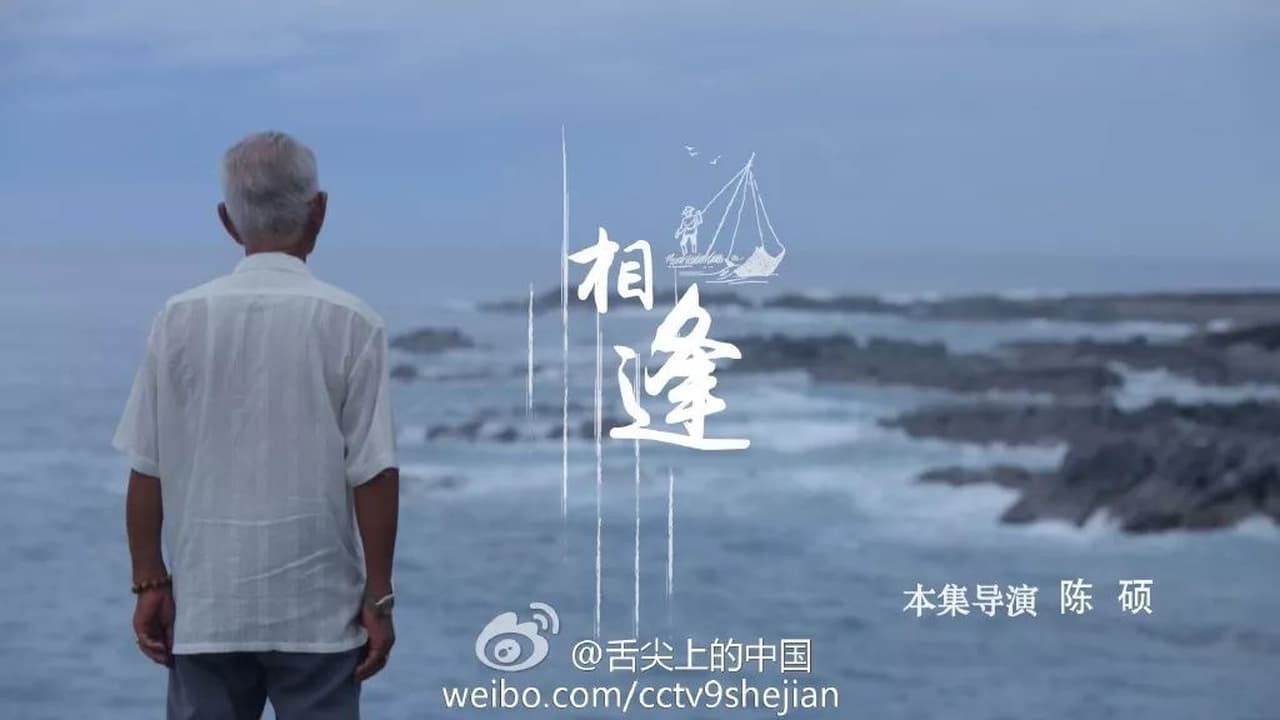
Encounters
Episode 4 - 5-16-2014


Footsteps
Episode 3 - 4-18-2014


Seasons
Episode 2 - 5-02-2014


Heart’s message
Episode 1 - 4-25-2014


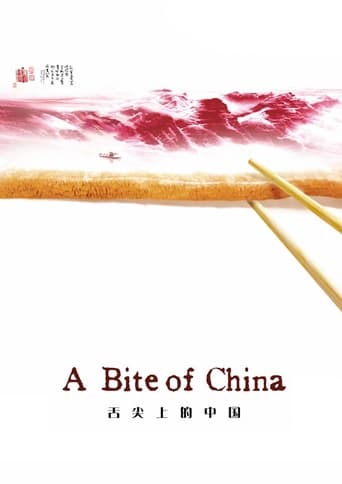
Season 1
舌尖上的中国 (Shéjiān shàng de Zhōngguó), lit. "China on the tongue tip" is a Chinese documentary television series on the history of food, eating, and cooking in China. The seven-episode documentary series, which began filming in March 2011, introduces the history and story behind foods of various kinds in more than 60 locations in mainland China, Hong Kong, and Taiwan. The documentary has also been actively encouraged as a means of introducing Chinese food culture to those unfamiliar with local cuisine.Our Farm
Episode 7 - 5-20-2012
 8.4/10
8.4/10

A Perfect Blend of Five Flavors
Episode 6 - 5-19-2012
 8.8/10
8.8/10

Secrets of the Kitchen
Episode 5 - 5-18-2012
 8.6/10
8.6/10

The Taste Of Time
Episode 4 - 5-17-2012
 8.7/10
8.7/10

Inspiration for Change
Episode 3 - 5-16-2012
 8.8/10
8.8/10

The Story Of Staple Foods
Episode 2 - 5-15-2012
 9.1/10
9.1/10

Gifts from Nature
Episode 1 - 5-14-2012
 8.9/10
8.9/10


The Story Of Staple Foods
Episode 2 - 5-15-2012
 9.1/10
9.1/10

Gifts from Nature
Episode 1 - 5-14-2012
 8.9/10
8.9/10

Inspiration for Change
Episode 3 - 5-16-2012
 8.8/10
8.8/10

A Perfect Blend of Five Flavors
Episode 6 - 5-19-2012
 8.8/10
8.8/10

The Taste Of Time
Episode 4 - 5-17-2012
 8.7/10
8.7/10



